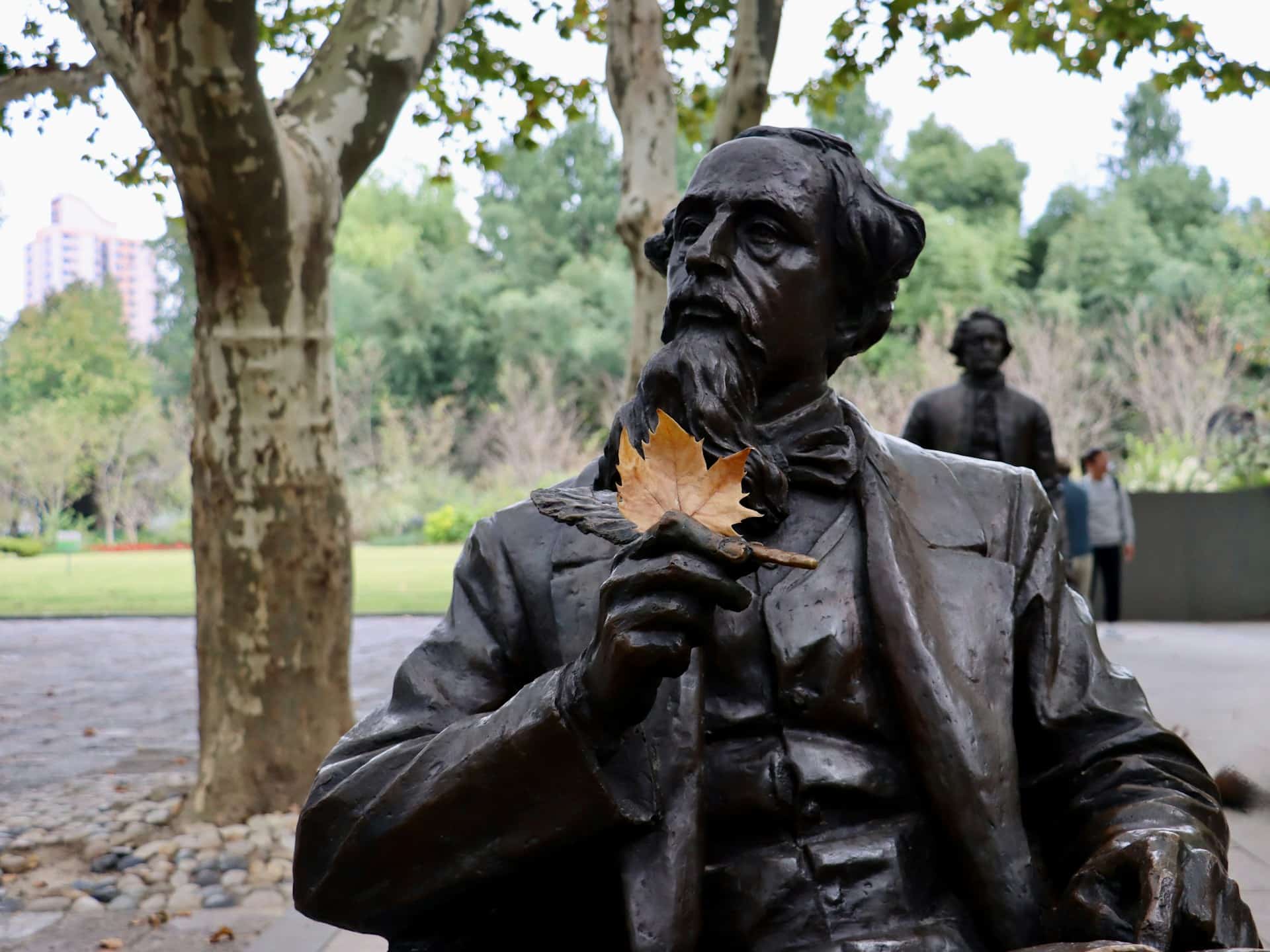Tasneem Khan is a salaried GP in Bradford and a primary care researcher at the University of Leeds. She is on X: @tbkhan12.
‘Wherefore refers to the cause underlying an action or situation… Juliet is not asking Romeo ‘where’ he is, she is asking ‘for what reason’ he is.’
This is how the late Professor Carpenter began my first ever physiology lecture. He explained how the term ‘Wherefore’, meaning ‘For what reason’, is one of the most fundamental questions we must ask in medicine.
I recently learnt about Trauma-Informed Care; the Deep End circle are well-acquainted with the term, but others surprisingly not so much. The concept has been used in the social sciences for decades, and its benefits demonstrated in healthcare.1 But only recently did the Department of Health and Social Care give a working definition of Trauma-Informed Practice.2
Trauma is the lasting emotional response to a distressing event which may impact attitudes and behaviours. And as clinicians, we are often faced with the consequences of trauma. The key components of trauma-informed care include: awareness and acknowledgement of trauma; provision of physical and emotional safety; empowerment; acknowledgement of resilience; and sensitivity to marginalisation.3
‘Wherefore’, meaning ‘For what reason’, is one of the most fundamental questions we must ask in medicine.
Gopal et al make a good case for the use of trauma-informed care in general practice, to aid the provision of a safe and trusting environment for patients affected by adversity.4 The aim is not to provide trauma-therapy, but to ensure we prevent re-traumatisation. This approach asks, ‘What has happened to you?’ It is used in the management of chronic pain, in untangling medically unexplained symptoms, and in engaging those who have lost trust.
An example of this is ‘Bridging Gaps,’ a collaboration between female victims of complex trauma, GPs and researchers. The objective is to improve access to trauma-informed primary care, with these women as key decision makers in this co-production. Bridging Gaps has successfully implemented several local initiatives, including the development of trauma-training for GP trainees.5
This was the work of a determined group of individuals who set to ask these women how services could be adapted to meet their needs. In our day-to-day practice, how do we take on this seemingly huge challenge?
And then I spoke to patients. They understood the principles of trauma-informed care.
I embarked on a local project exploring people’s opinions about trauma-informed practice. Many clinicians felt it was not much different to the bio-psycho-social model of patient care. Most non-clinical staff did not feel it applied to them as their interaction with patients was only ever limited to a few minutes.
And then I spoke to patients. They understood the principles of trauma-informed care. They wanted clinicians to know their life events, their experiences with the health service, and how a snapshot of their lives was not enough to really understand them.
So are we providing trauma-informed care already? I guess some of us are, by chance, especially those working with complex patient groups.
The inverse care law describes how health services are least accessible to those with the greatest need. So should resources to train practitioners in trauma-informed care focus on areas with a greater proportion of vulnerable patients? Or do we aim for proportionate universalism, training all doctors in trauma-informed care so they can recognise and support their most disadvantaged patients?
In order to make services accessible, we must know the communities we serve. In order to facilitate engagement, we must know our patients. Trauma-informed training should not be reserved for those practitioners working with disadvantaged patient groups. We must identify what this approach to healthcare entails for everyone. We need to know our patients’ stories, the ‘whys’ and the ‘wherefores’.
I guess this is what I learnt on my first day at medical school; to ask, ‘Wherefore Art Thou?’
References:
- SAMHSA’s Concept of Trauma and Guidance for a Trauma-Informed Approach. Substance Abuse and Mental Health Services Administration; 2014. https://ncsacw.acf.hhs.gov/userfiles/files/SAMHSA_Trauma.pdf accessed 19/02/2024
- Guidance – Working definition of trauma-informed practice. 2022. https://www.gov.uk/government/publications/working-definition-of-trauma-informed-practice/working-definition-of-trauma-informed-practice accessed 19/02/2024
- Purkey E, Patel R, Phillips SP. Trauma-informed care: Better care for everyone. Can Fam Physician. 2018;64(3):170-2.
- Gopal DP, Hunter M, Butler D, O’Donovan D, Hart N, Kearney G, et al. Trauma-informed care: what does it mean for general practice? Br J Gen Pract. 2023;73(730):229-31.
- McGeown H, Potter L, Stone T, Swede J, Cramer H; Bridging Gaps Group; Horwood J, Carvalho M, Connell F, Feder G, Farr M. Trauma-informed co-production: Collaborating and combining expertise to improve access to primary care with women with complex needs. Health Expect. 2023 Jul 10. doi: 10.1111/hex.13795. Epub ahead of print. PMID: 37430474.
Featured Photo by Emily Morter on Unsplash









What i do not realize is in fact how you are no longer actually much more well-favored than you might be right now. You’re very intelligent. You recognize thus considerably in relation to this topic, made me in my view believe it from numerous numerous angles. Its like men and women are not fascinated until it is one thing to do with Lady gaga! Your own stuffs excellent. All the time handle it up!